

Articles
How To Get Hot Water Without Water Heater
Modified: October 31, 2024
Discover articles on how to get hot water without a water heater. Get tips and tricks for alternative methods and saving energy.
(Many of the links in this article redirect to a specific reviewed product. Your purchase of these products through affiliate links helps to generate commission for Storables.com, at no extra cost. Learn more)
Introduction
Hot water is an essential commodity in our daily lives, whether it’s for taking a shower, washing dishes, or doing laundry. The most common way to obtain hot water is by using a water heater, but what if you find yourself in a situation where a water heater is not available? Perhaps you’re renovating your home, camping in the great outdoors, or simply looking for alternative ways to save energy and reduce your carbon footprint.
In this article, we will explore various methods for getting hot water without a water heater. From innovative technologies to basic but effective solutions, we will provide you with practical options that are both environmentally friendly and convenient.
Before delving into the different methods, let’s take a moment to consider why you might want to explore alternatives to traditional water heaters. Firstly, water heaters consume a significant amount of energy, contributing to higher energy bills and increasing carbon emissions. By opting for alternative methods, you can reduce your ecological impact and even save money in the long run. Secondly, certain situations may require a quick and temporary solution for hot water, such as during a renovation or when camping outdoors. Thirdly, exploring alternative methods can expand your knowledge and skillset, empowering you to be more self-sufficient in various scenarios.
Now, let’s dive into the methods for getting hot water without a water heater.
Key Takeaways:
- Embrace alternative methods like solar water heating and heat pump systems to reduce energy consumption, save costs, and minimize environmental impact while enjoying hot water without a traditional water heater.
- Explore convenient options such as tankless water heaters, instant hot water systems, and portable water heaters for on-demand hot water, whether at home or during outdoor adventures.
Why You Might Want to Get Hot Water Without a Water Heater
While water heaters are a common and convenient way to obtain hot water, there are several reasons why you might want to explore alternative methods:
1. Energy Efficiency: Traditional water heaters consume a significant amount of energy to maintain a constant supply of hot water. By using alternative methods, you can reduce your energy consumption and lower your utility bills. Some alternative methods, such as solar water heating or heat pump water heaters, harness renewable energy sources, making them even more environmentally friendly.
2. Cost Savings: As mentioned earlier, alternative methods can help you save money in the long run. While some initial investment may be required for purchasing and installing alternative systems, their lower energy consumption can lead to considerable savings over time. Additionally, with advancements in technology and increased availability, the cost of alternative systems has become more affordable.
3. Flexibility and Portability: Alternative methods for obtaining hot water offer greater flexibility and portability. For example, if you’re renovating your home and don’t have access to a water heater during that time, portable or temporary hot water solutions can be a convenient option. Similarly, if you enjoy camping or traveling, portable water heaters allow you to have hot water on-the-go.
4. Environmentally Friendly: Many of the alternative methods for getting hot water without a water heater are environmentally friendly. By reducing energy consumption and utilizing renewable energy sources, you can minimize your carbon footprint and contribute to a greener future.
5. Backup Solution: Having alternative methods for obtaining hot water can serve as a backup solution in case your traditional water heater malfunctions or requires maintenance. This ensures that you always have access to hot water, regardless of any unforeseen circumstances.
With these compelling benefits in mind, let’s explore some of the methods you can use to get hot water without a water heater.
Methods for Getting Hot Water Without a Water Heater
There are several effective methods for obtaining hot water without a water heater. Let’s take a look at some of the most popular and practical options:
- Solar Water Heating: Solar water heating systems utilize the sun’s energy to heat water. These systems consist of solar collectors that capture sunlight and transfer the heat to a storage tank, which then provides hot water for various household needs.
- Heat Pump Water Heaters: Heat pump water heaters extract heat from the surrounding air or ground and use it to heat the water. These systems are highly energy-efficient and can provide significant savings on heating costs.
- Tankless Water Heaters: Tankless water heaters, also known as on-demand water heaters, heat water directly as it flows through the unit. Unlike traditional water heaters that store hot water in a tank, tankless water heaters provide hot water instantly without the need for a storage tank.
- Instant Hot Water Systems: Instant hot water systems, such as under-sink hot water dispensers or hot water circulation systems, provide hot water at the point of use. These systems eliminate the need to wait for the water to heat up, ensuring instant access to hot water whenever needed.
- Camping and Portable Water Heaters: Portable water heaters are ideal for outdoor activities such as camping or boating. These compact and lightweight units can be powered by electricity, propane, or even solar energy, offering a convenient way to heat water on-the-go.
- Boiling Water on Stove: The simplest and most accessible method for obtaining hot water without a water heater is by boiling water on a stove. This method is effective for small-scale needs, such as making tea or coffee or filling a bucket for a quick wash.
- Heat Exchange Systems: Heat exchange systems utilize waste heat from other sources, such as industrial processes, to heat water. These systems are energy-efficient and can be a viable option in specific settings where waste heat is readily available.
Each of these methods has its own advantages and considerations, depending on your specific needs and circumstances. By exploring these options, you can find the most suitable method for obtaining hot water without a water heater.
Now, let’s dive deeper into each method to understand how they work and their respective benefits.
Solar Water Heating
Solar water heating is an environmentally friendly and cost-effective method for obtaining hot water without a water heater. It utilizes the sun’s energy to heat water, making it a sustainable alternative to traditional heating systems. Here’s how solar water heating works:
Collecting Solar Energy: Solar water heating systems consist of solar collectors, typically installed on the roof or in an area with maximum sun exposure. These collectors absorb sunlight and convert it into heat, which is then transferred to the water.
Transferring Heat: The absorbed heat is transferred from the solar collectors to a storage tank through a series of pipes or heat exchangers. In some systems, a heat transfer fluid, such as antifreeze, is used to carry the heat from the collectors to the storage tank.
Storing and Distributing Hot Water: The heated water is stored in an insulated storage tank, ready for use whenever needed. An additional backup system, such as an electric or gas-powered heater, is often integrated into the solar water heating system to ensure a constant supply of hot water during periods of low sunlight or high demand.
The benefits of solar water heating include:
- Energy Efficiency: Solar water heating systems significantly reduce energy consumption, as they rely on the sun’s abundant and renewable energy source. This can lead to substantial savings on electricity or gas bills.
- Environmentally Friendly: By utilizing solar energy, solar water heating systems contribute to lower carbon emissions and a greener environment. Switching to solar can help reduce reliance on fossil fuels and combat climate change.
- Long-Term Savings: While the initial cost of installing a solar water heating system can be higher compared to a traditional water heater, the long-term savings are considerable. Over time, the energy savings can offset the initial investment, resulting in reduced operating costs.
- Durability and Low Maintenance: Solar water heating systems are designed to be durable and require minimal maintenance. With proper installation and periodic checks, they can have a long lifespan and provide reliable hot water for many years.
It’s important to note that the efficiency of solar water heating systems depends on factors such as the geographical location, weather conditions, and the size of the system. Consulting with a professional installer can help determine the best system for your specific needs and optimize its performance.
Solar water heating is an excellent choice for homeowners who want to reduce their carbon footprint, lower their energy bills, and enjoy a renewable and sustainable source of hot water.
Heat Pump Water Heaters
Heat pump water heaters are highly efficient and cost-effective alternatives to traditional water heaters. They work by extracting heat from the surrounding air or ground and using it to heat the water. Here’s how heat pump water heaters work:
Heat Extraction: Heat pump water heaters use a refrigerant to extract heat from the surrounding air or ground. The refrigerant absorbs heat from the air or ground through an evaporator coil, causing it to vaporize.
Heat Transfer: The vaporized refrigerant is then compressed by a compressor, raising its temperature and pressure. This high-pressure refrigerant releases heat through a condenser coil, which transfers the heat to the water in the storage tank.
Hot Water Storage: The heated water is stored in an insulated storage tank, ready to be used whenever needed. Unlike tankless water heaters, heat pump water heaters store a specific volume of hot water, similar to traditional water heaters.
The benefits of heat pump water heaters include:
- Energy Efficiency: Heat pump water heaters are highly efficient, as they utilize ambient heat from the air or ground rather than relying solely on electrical or gas heating elements. This can result in significant energy savings compared to traditional water heaters.
- Cost Savings: Due to their energy efficiency, heat pump water heaters can reduce electricity or gas consumption, leading to lower utility bills. Although the initial cost of installation may be higher than traditional water heaters, the long-term savings can outweigh the initial investment.
- Environmentally Friendly: By using ambient heat instead of burning fossil fuels, heat pump water heaters contribute to a greener environment by reducing carbon emissions and reliance on non-renewable energy sources.
- Flexibility and Compatibility: Heat pump water heaters can be installed in various settings, including residential homes, commercial buildings, and even swimming pools. They can be retrofitted to replace existing water heaters or integrated into new construction projects.
- Reliable Performance: Heat pump water heaters are designed to be durable and provide reliable hot water. With regular maintenance and proper installation, they can offer long-term performance with minimal issues.
It’s important to consider certain factors when installing a heat pump water heater, such as the availability of sufficient space for the unit, climate conditions, and noise levels. Consulting with a professional HVAC technician or plumber can help determine the suitability and optimal location for the installation.
Heat pump water heaters are an excellent choice for those looking to reduce energy consumption, lower their carbon footprint, and enjoy ongoing cost savings without compromising the availability of hot water.
Read more: How To Maintain Hot Water Heater
Tankless Water Heaters
Tankless water heaters, also known as on-demand water heaters, are a popular option for obtaining hot water without a traditional water heater. Unlike conventional water heaters that store hot water in a tank, tankless water heaters heat water directly as it flows through the unit, providing hot water instantly whenever needed. Here’s how tankless water heaters work:
Water Flow Activation: When a hot water tap is turned on, cold water flows into the tankless water heater unit.
Heat Exchanger Activation: The tankless water heater unit detects the water flow and activates its heat exchanger. The heat exchanger quickly heats the water as it passes through.
Hot Water Output: The now-heated water is instantly delivered to the hot water tap, providing a continuous supply of hot water as long as the tap remains open.
The benefits of tankless water heaters include:
- Energy Efficiency: Tankless water heaters are highly energy-efficient, as they only heat water when it is actually needed. There is no standby heat loss as the water is not continuously stored and reheated in a tank, resulting in lower energy consumption and cost savings.
- Endless Hot Water Supply: With a tankless water heater, there is no worry about running out of hot water. As long as there is a continuous water supply, the tankless system will provide hot water on-demand.
- Space Saving: Tankless water heaters have a compact design and take up much less space compared to traditional water heaters with storage tanks. This makes them ideal for small homes, apartments, or places where space is limited.
- Longevity: Tankless water heaters tend to have a longer lifespan compared to traditional water heaters, often lasting up to 20 years or more with regular maintenance.
- Reduced Risk of Water Damage: As tankless water heaters do not store water in a tank, the risk of leaks and water damage is significantly reduced compared to traditional water heaters.
It’s important to note that the capacity of a tankless water heater is crucial for meeting your hot water demand. Proper sizing is essential to ensure that the unit can effectively handle the required flow rate and temperature rise, based on the number of hot water outlets in your home. Consulting with a professional plumber or a licensed dealer can help determine the right size and installation for your specific needs.
Tankless water heaters provide endless hot water, energy efficiency, and space-saving benefits. They are a suitable option for homeowners seeking convenient and on-demand hot water without the need for a traditional water heater with a storage tank.
You can use a solar water heater to heat water without using electricity or gas. Simply install solar panels on your roof to harness the sun’s energy and heat water for your home.
Instant Hot Water Systems
Instant hot water systems, also known as point-of-use hot water systems, are designed to provide hot water directly at the point of use, eliminating the need for long waits for hot water to reach the fixtures. There are several types of instant hot water systems available, offering convenient and efficient hot water solutions. Here are some of the common types:
Under-Sink Hot Water Dispensers: Under-sink hot water dispensers are installed directly under the kitchen sink and provide instant hot water for tasks such as brewing hot beverages or washing dishes. These systems typically include a small storage tank and a heating element to keep the water hot and ready for use whenever needed.
Hot Water Circulation Systems: Hot water circulation systems use a pump to circulate hot water throughout the plumbing system, ensuring that hot water is readily available at all fixtures. These systems can be either dedicated return pipe systems or recirculating systems that use the existing cold-water pipe as a return line. They reduce the time and water wasted while waiting for hot water to reach the fixtures.
Single-Use Instant Hot Water Heaters: Single-use instant hot water heaters are compact units that supply hot water specifically to a single faucet or fixture, such as a shower or a bathroom sink. These heaters are installed near the fixture and heat the water instantly as it flows through the unit, providing hot water only at that specific location.
Some of the benefits of instant hot water systems include:
- Convenience: Instant hot water systems provide hot water immediately at the point of use, eliminating the need to wait for hot water to travel through long pipes. This is particularly beneficial for tasks that require hot water on-demand, such as cooking, washing hands, or taking a quick shower.
- Energy Efficiency: Instant hot water systems have minimal heat loss since they heat water only when it is needed. This results in energy savings compared to traditional water heaters that continuously heat and store large volumes of hot water in a tank.
- Water Conservation: With instant hot water systems, you no longer need to let the water run for an extended period to reach the desired temperature. This reduces water waste and promotes water conservation.
- Space Saving: Instant hot water systems are compact and do not require a large storage tank, making them ideal for locations with limited space, such as small apartments or offices.
- Installation Flexibility: Instant hot water systems can be installed in various locations, depending on the specific system type. They can be retrofitted to existing plumbing systems or incorporated into new home construction, providing flexibility in terms of placement and design.
When considering an instant hot water system, it’s important to evaluate your hot water usage patterns and the specific needs of your household. Consulting with a professional plumber can help determine the most suitable type and capacity of the system for your requirements.
Instant hot water systems offer convenient and energy-efficient solutions for those seeking quick and readily available hot water at the point of use.
Camping and Portable Water Heaters
For outdoor enthusiasts and those on the go, camping and portable water heaters provide a convenient solution for obtaining hot water in remote locations or during outdoor activities. These compact and portable units are designed to heat water quickly and efficiently, allowing you to enjoy hot water wherever your adventures take you. Here are some of the common types of camping and portable water heaters:
Camping Shower Systems: Camping shower systems are specifically designed to provide hot water for showering in outdoor environments. These systems usually consist of a portable water container equipped with a heating mechanism, such as a propane burner or electric heating element. The water is heated as it flows through the system, providing a refreshing hot shower even in the wilderness.
Portable Propane Water Heaters: Portable propane water heaters are versatile units that can be used for various outdoor activities, such as camping, boating, or RVing. These heaters typically operate on a propane gas cylinder and include controls for adjusting the water temperature. Portable propane water heaters offer portability, ease of use, and reliable hot water during your outdoor adventures.
Solar Portable Water Heaters: Solar portable water heaters utilize the power of the sun to heat water in outdoor settings. These units typically consist of solar panels or collectors that absorb sunlight and convert it into heat. The heated water is then stored in an insulated tank, ready for use when needed. Solar portable water heaters are eco-friendly and do not require any fuel or propane, making them a sustainable option for heating water during outdoor activities.
The benefits of camping and portable water heaters include:
- Convenience: Camping and portable water heaters offer the convenience of hot water wherever you are, ensuring a comfortable and refreshing experience during your outdoor adventures.
- Portability: These units are designed to be compact, lightweight, and easy to transport, allowing you to bring them along on camping trips, hikes, or any outdoor activity where hot water is desired.
- Quick Heating: Camping and portable water heaters are designed to heat water quickly, so you don’t have to wait long for hot water. This is particularly beneficial when time is limited or when you need hot water for cooking, cleaning, or personal hygiene.
- Versatility: Camping and portable water heaters can be used for various purposes, including showering, dishwashing, and even filling up a hot water bottle for warmth during chilly nights.
- Independence from Traditional Infrastructure: With camping and portable water heaters, you are not reliant on traditional water heater systems or campground facilities. These units provide you with the freedom to enjoy hot water wherever you choose to explore.
When considering a camping or portable water heater, it’s essential to assess your specific needs, such as the desired water temperature, fuel requirements, and the frequency of use. This will help determine the most suitable type and model for your outdoor adventures.
Camping and portable water heaters are invaluable tools for outdoor enthusiasts, allowing you to enjoy the comforts of hot water even in the most remote and off-grid locations.
Boiling Water on Stove
When it comes to a simple and readily available method for obtaining hot water, boiling water on a stove is a classic and reliable option. It is a straightforward and cost-effective solution that can be used in various situations, including emergencies, power outages, or when you only need a small amount of hot water. Here’s how you can boil water on a stove:
Fill a Pot with Water: Start by filling a pot or kettle with the desired amount of cold water. Ensure that the pot or kettle is suitable for stovetop use and has a lid, which will help accelerate the heating process.
Place the Pot on the Stove: Place the pot on a stovetop burner and turn the heat to high. Make sure to place the pot on the appropriate-sized burner to maximize heat transfer efficiency.
Heat the Water: Allow the water to heat gradually until it reaches its boiling point, indicated by bubbles forming and rising to the surface. You can leave the lid partly open or completely cover the pot, depending on how quickly you want the water to boil. Remember to exercise caution and use pot holders or oven mitts to handle the pot, as it will become hot during the heating process.
Remove from Heat: Once the water has reached a rolling boil, you can either keep it on the stove for a specific duration or remove it from the heat source. If you need hot water immediately, carefully pour the boiling water into a heat-resistant container for immediate use.
Boiling water on a stove offers several advantages:
- Accessibility: Boiling water on a stove is a method that is accessible to almost everyone. As long as you have access to a stove or a heat source, you can heat water and have hot water readily available.
- Cost-Effective: This method is highly cost-effective, as it does not require any additional appliances or equipment other than a pot or kettle and a heat source. It is a simple and low-cost way to heat water when needed.
- Customizable Quantities: Boiling water on a stove allows you to heat the precise amount of water you need, whether it’s a small quantity for a single cup of tea or a larger quantity for cooking or cleaning purposes.
- Versatility: The boiled water can be used for a variety of purposes, including cooking, making hot beverages, sanitization, or any other applications that require hot water.
Keep in mind that boiling water on a stove may take a bit longer compared to other methods, depending on the amount of water and the heat source. Additionally, exercise caution when handling hot objects and ensure proper ventilation in the cooking area. Never leave the stove unattended while heating water to prevent accidents or water boiling over.
Boiling water on a stove is a simple and accessible method that allows you to have hot water quickly and conveniently, with minimal equipment and resources required.
Read more: How To Fill A Hot Water Heater
Heat Exchange Systems
Heat exchange systems are a unique and innovative method for obtaining hot water without a traditional water heater. These systems harness waste heat from various sources, such as industrial processes or renewable energy systems, to generate hot water. Here’s how heat exchange systems work:
Heat Capture: Heat exchange systems capture waste heat from sources such as power generation, manufacturing processes, or even refrigeration systems. This waste heat is typically in the form of exhaust gases, hot liquids, or steam.
Heat Transfer: The captured waste heat is transferred to the water through a heat exchanger. The heat exchanger is designed to maximize the transfer of heat from the waste heat source to the water, ensuring efficient heating.
Hot Water Distribution: The heated water is then distributed to where it is needed, whether it’s for domestic use or specific industrial applications. The temperature of the water can be adjusted based on the specific requirements and desired hot water temperature.
Heat exchange systems provide several benefits:
- Energy Efficiency: Heat exchange systems make use of waste heat that would otherwise be lost, improving overall energy efficiency. By utilizing this waste heat, energy consumption for heating water can be significantly reduced, resulting in cost savings and lower environmental impact.
- Cost Savings: Heat exchange systems offer potential cost savings by reducing the reliance on traditional heating methods and utilizing waste heat sources that are readily available. This can lead to reduced energy costs and greater operational efficiency.
- Environmental Sustainability: By capturing and repurposing waste heat, heat exchange systems contribute to a more sustainable and environmentally friendly approach to hot water generation. It helps in reducing greenhouse gas emissions and conserving finite energy resources.
- Industrial Applications: Heat exchange systems find extensive use in industrial settings, where there may be ample sources of waste heat available. These systems can be integrated into manufacturing processes, power plants, or other industries to maximize energy utilization and improve overall efficiency.
It’s important to note that the design and implementation of heat exchange systems can vary widely depending on the specific application and the waste heat source. In some cases, custom engineering may be required to ensure optimal heat transfer and system performance.
Heat exchange systems offer an innovative and sustainable solution for obtaining hot water by repurposing waste heat. They provide a pathway to reduce energy consumption, lower costs, and enhance environmental sustainability.
Conclusion
Obtaining hot water without a water heater is not only possible but also offers various benefits. From reducing energy consumption and cost savings to providing flexibility and portability, there are many reasons why you might want to explore alternative methods for obtaining hot water. In this article, we have discussed several methods that can help you achieve this goal.
Solar water heating harnesses the power of the sun to provide hot water while promoting energy efficiency and sustainability. Heat pump water heaters utilize ambient heat from the air or ground to heat water, offering high energy efficiency and long-term cost savings. Tankless water heaters provide instantaneous hot water without the need for a storage tank, saving space and energy. Instant hot water systems provide hot water at the point of use, reducing waiting times and eliminating waste. Camping and portable water heaters offer portability and convenience, allowing you to enjoy hot water during outdoor activities. Boiling water on a stove is a simple and accessible method that can be used in various situations. Heat exchange systems repurpose waste heat to generate hot water, enhancing energy efficiency and environmental sustainability.
Each method has its own advantages and considerations, depending on your specific needs and circumstances. It’s vital to evaluate factors such as energy efficiency, installation requirements, upfront costs, and ongoing maintenance when selecting the most suitable method for obtaining hot water without a water heater.
By exploring these alternative methods, you can reduce energy consumption, lower costs, and minimize your environmental impact. Additionally, these methods can provide you with hot water in various situations, whether you’re renovating your home, camping in the great outdoors, or simply looking for more sustainable solutions.
Remember to consult with professionals and experts in the field to ensure proper installation and optimal performance of the chosen method. Whether you decide to embrace solar water heating, invest in a heat pump system, or opt for a portable water heater, the options are plentiful and offer a promising path to a more energy-efficient and sustainable future.
Frequently Asked Questions about How To Get Hot Water Without Water Heater
Was this page helpful?
At Storables.com, we guarantee accurate and reliable information. Our content, validated by Expert Board Contributors, is crafted following stringent Editorial Policies. We're committed to providing you with well-researched, expert-backed insights for all your informational needs.
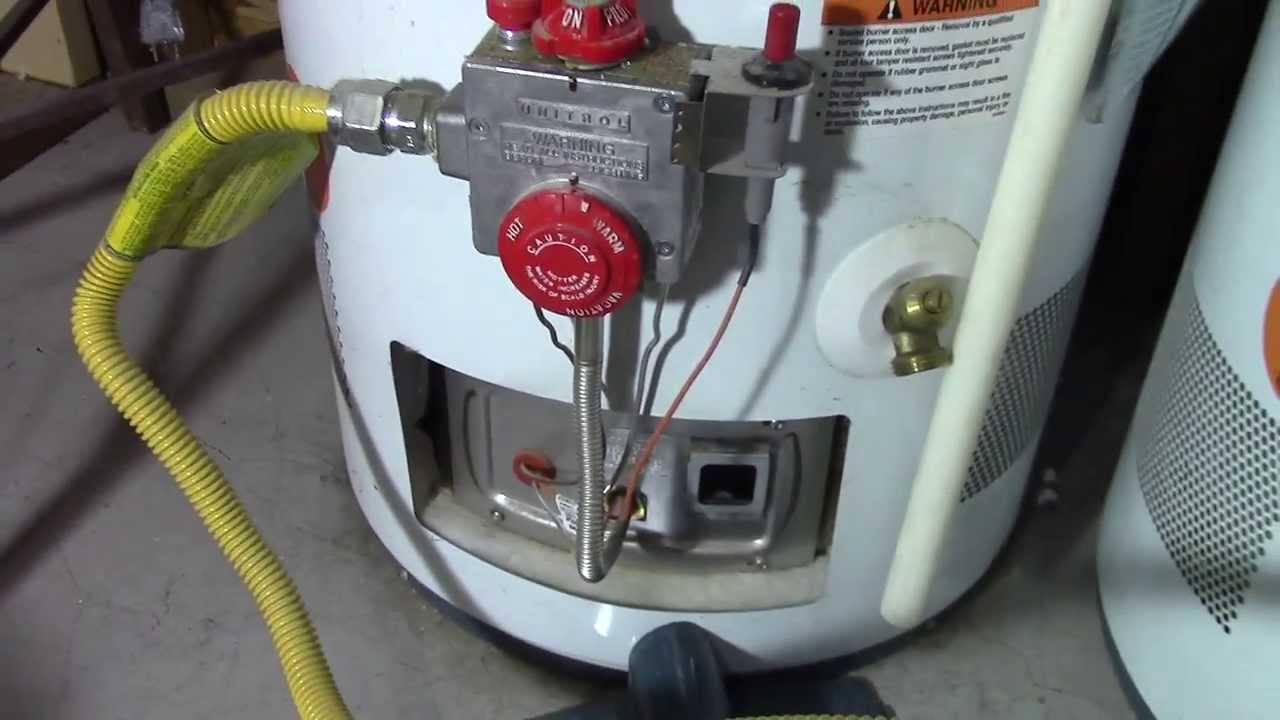
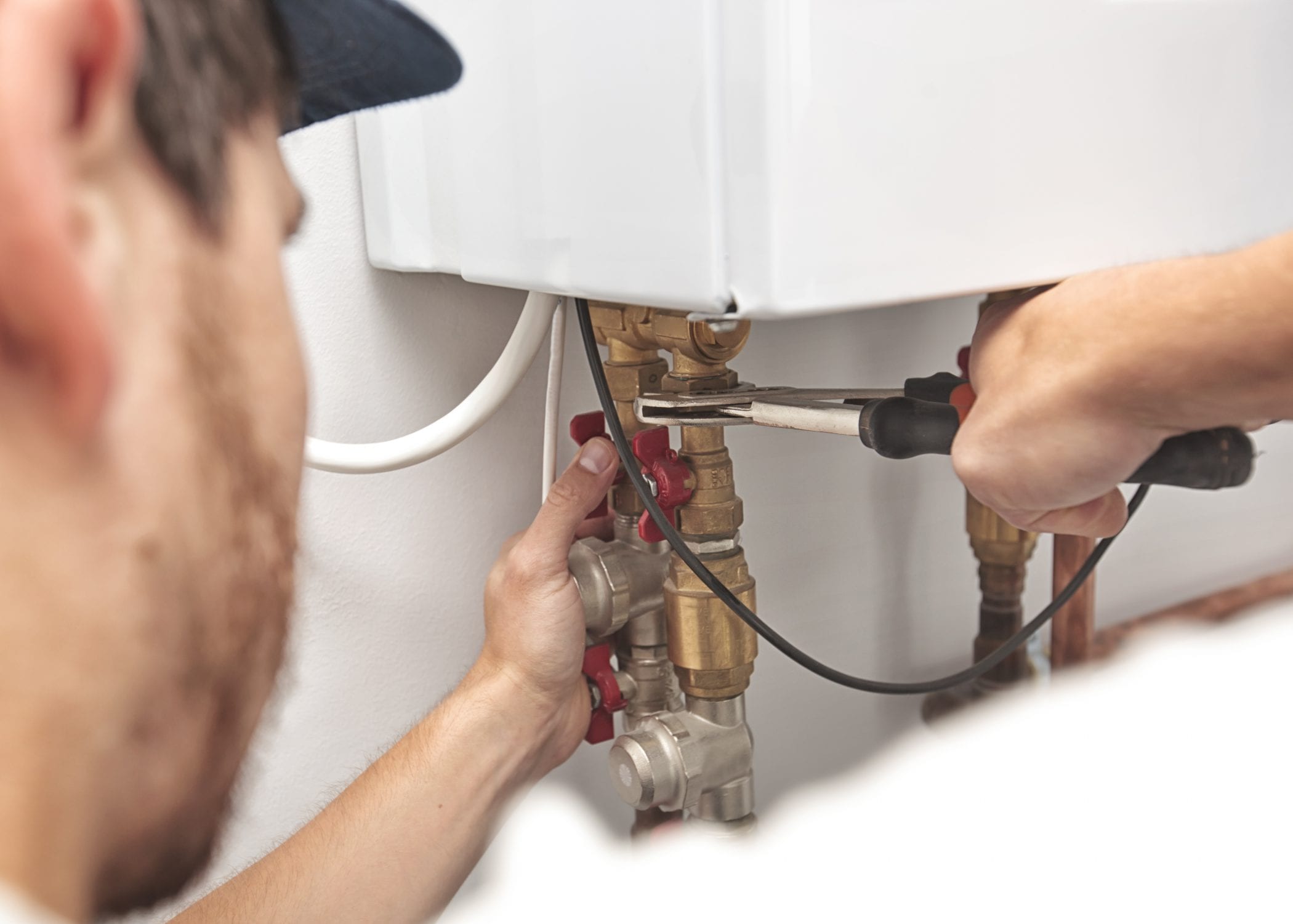
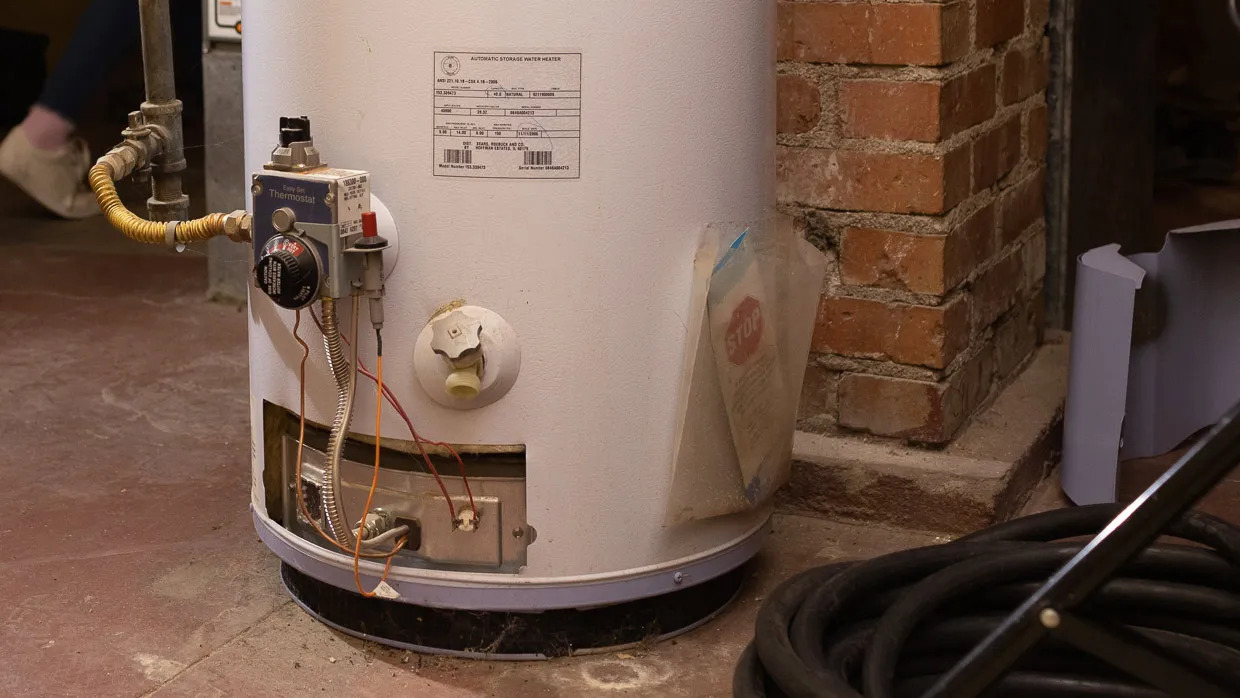
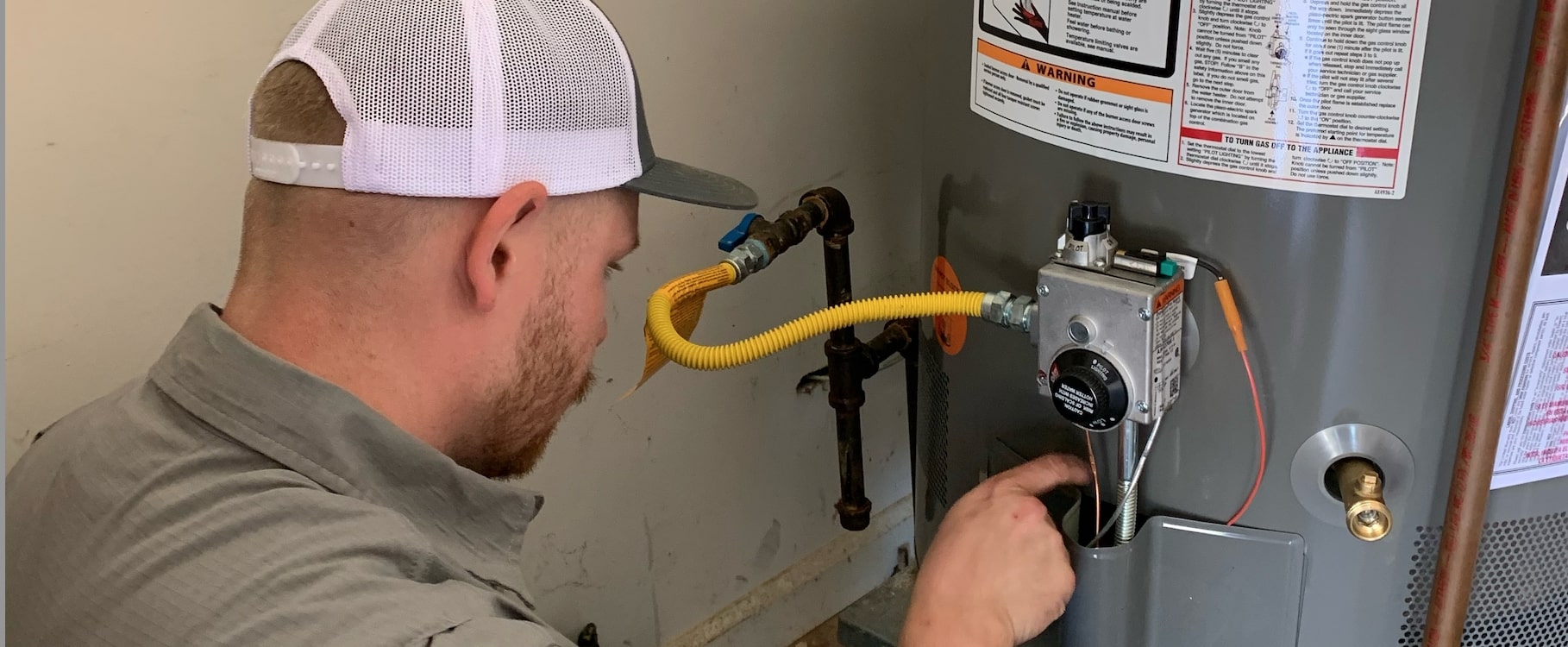
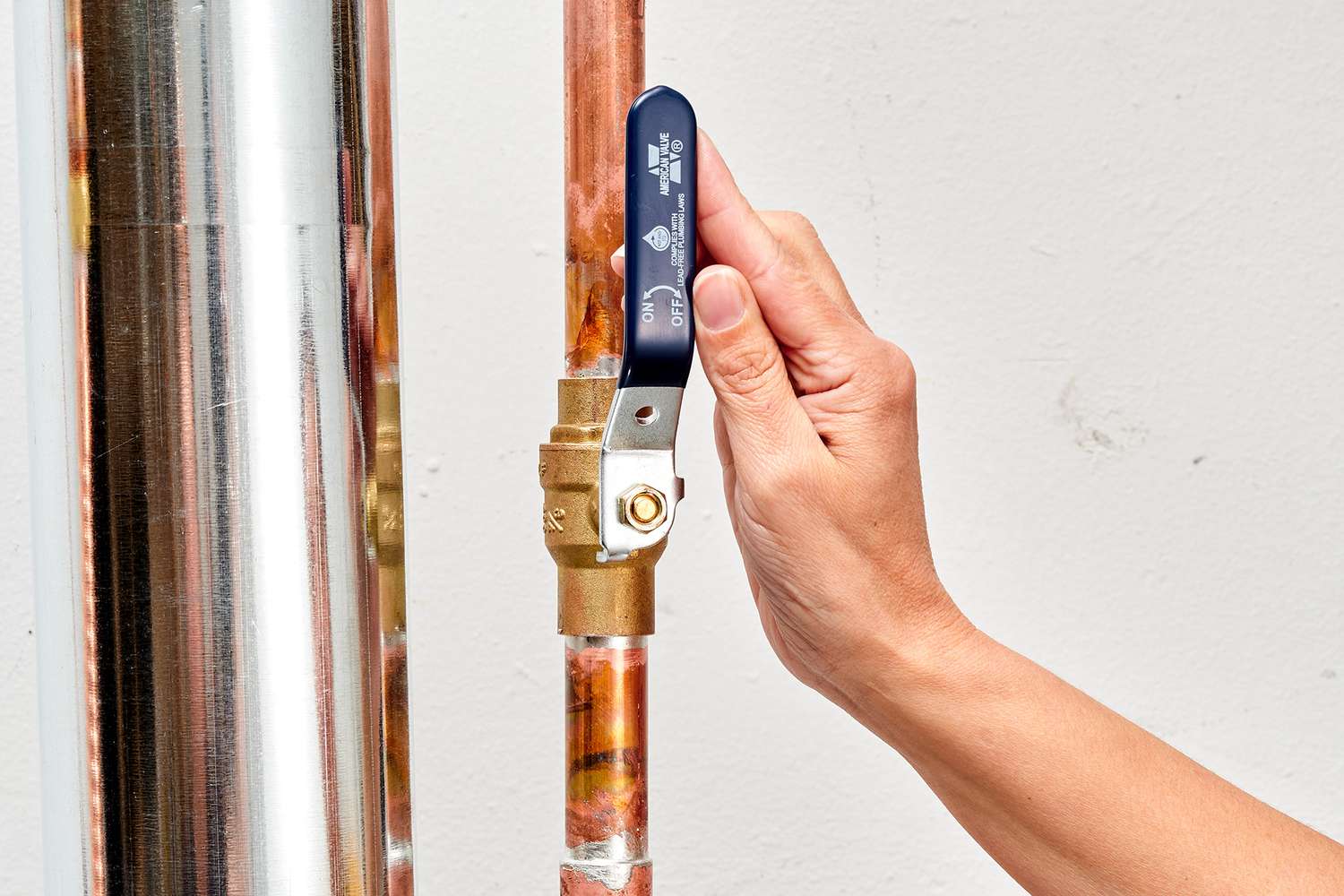
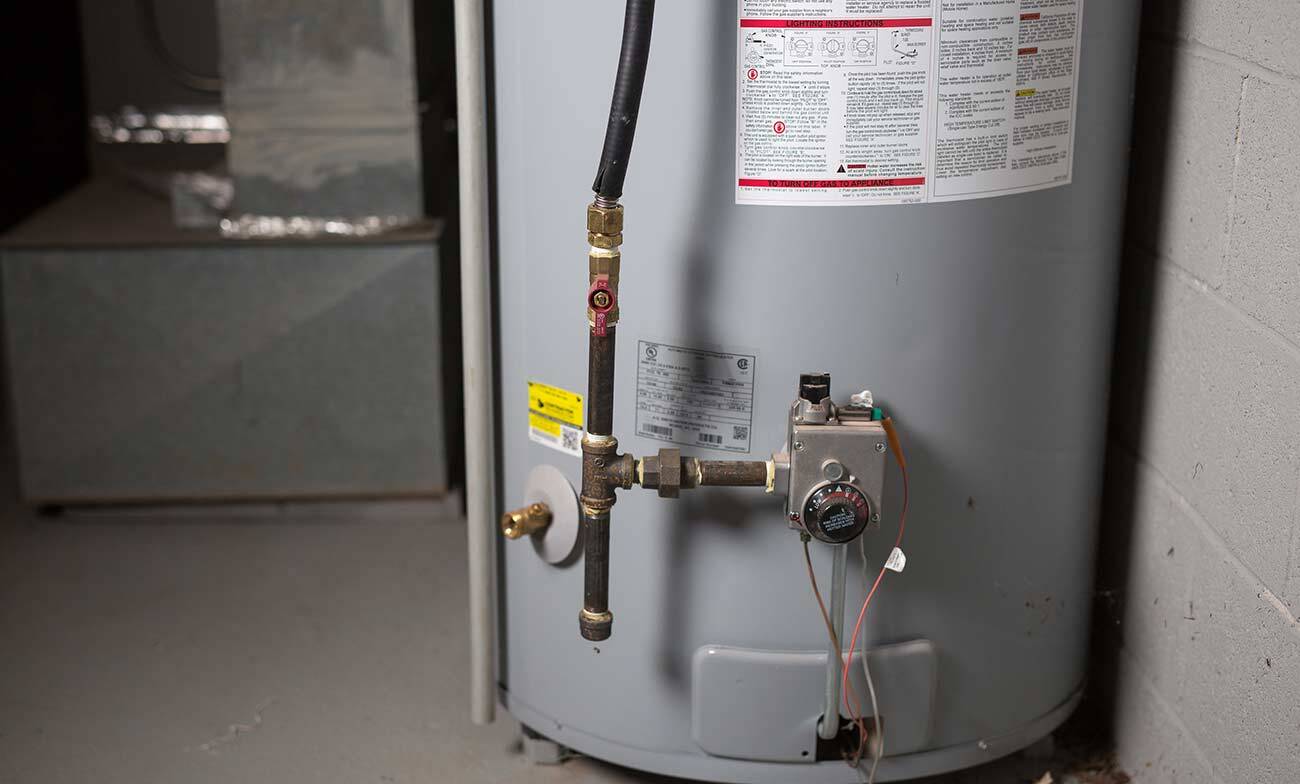
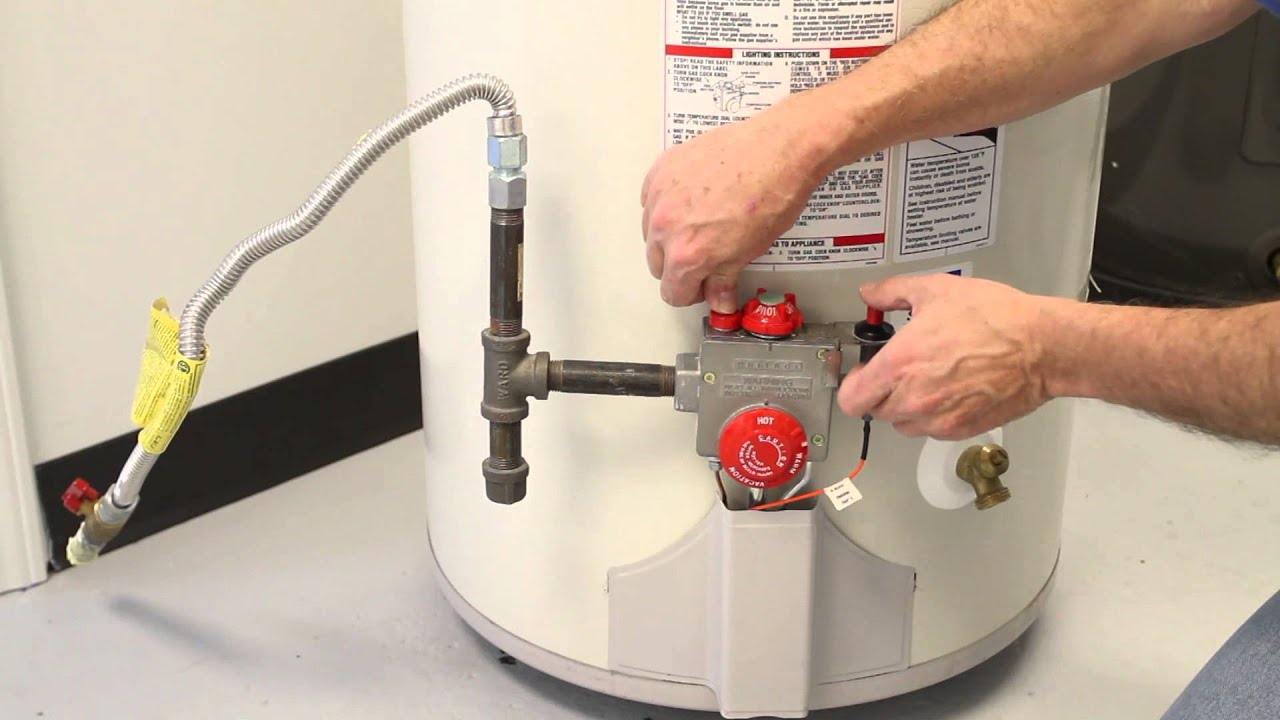
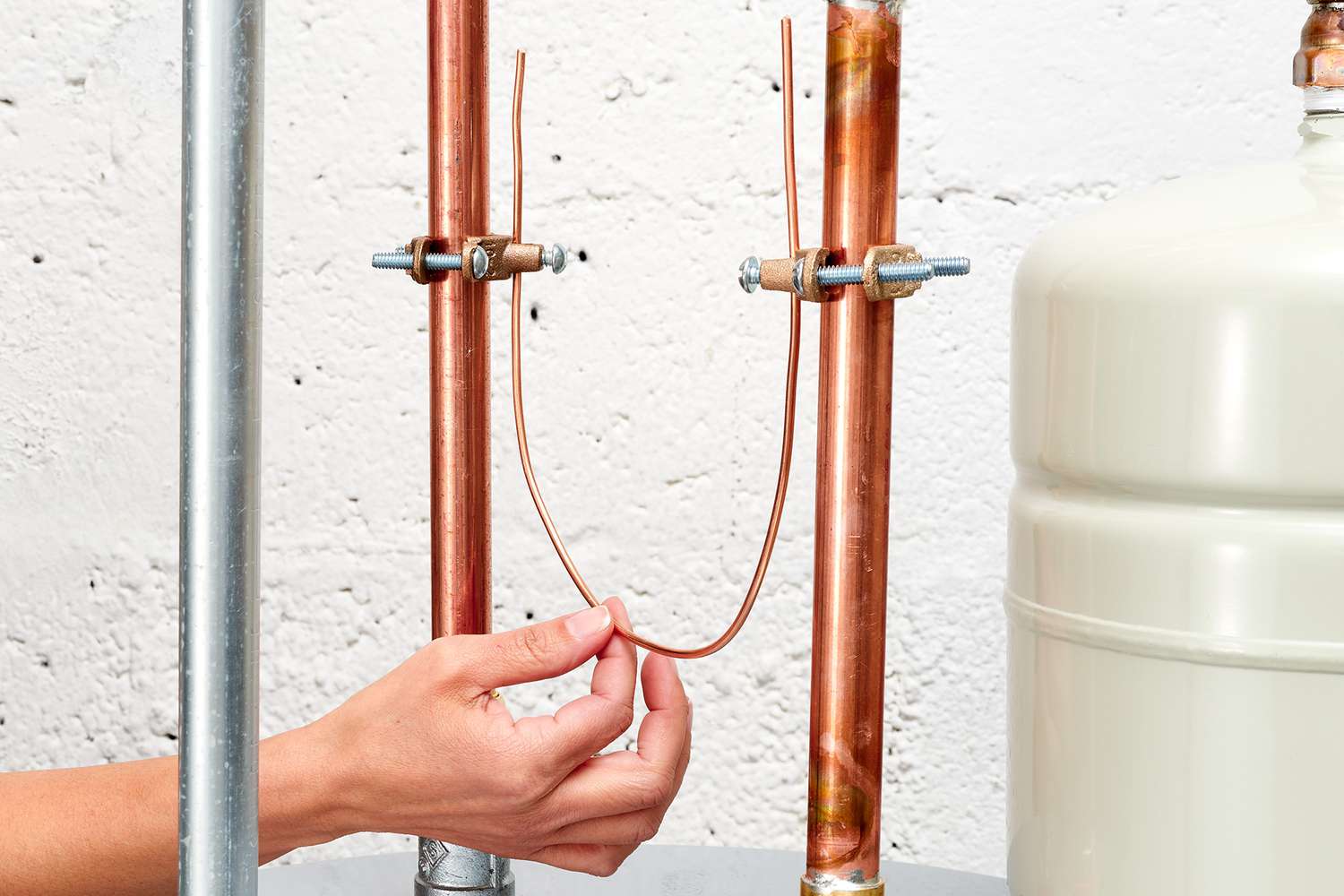
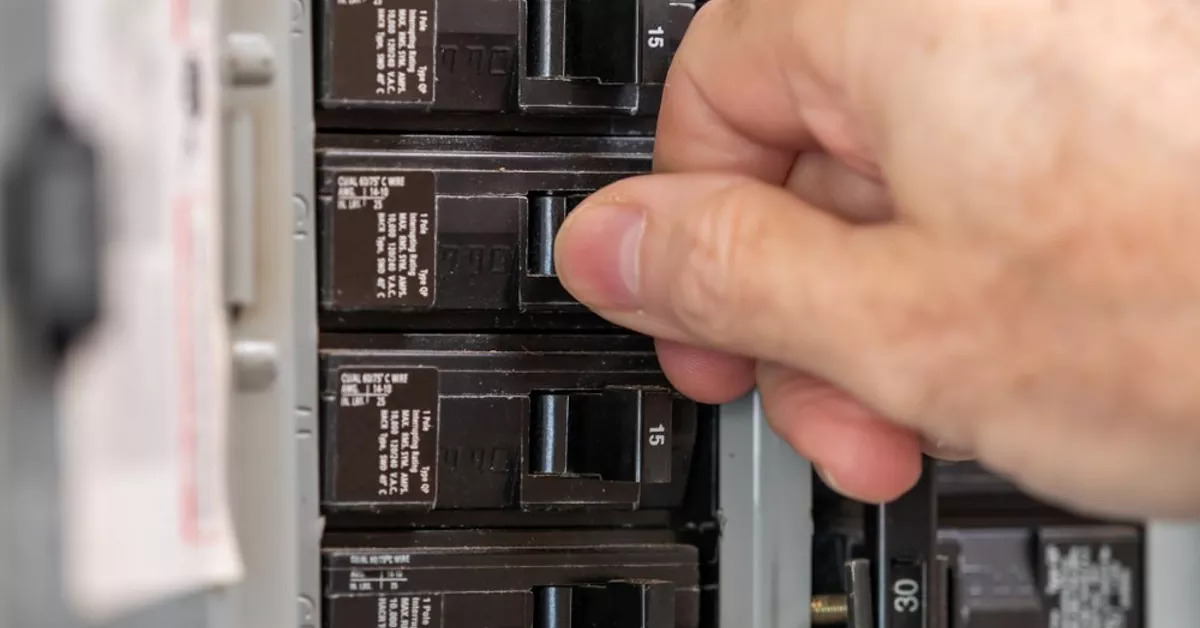
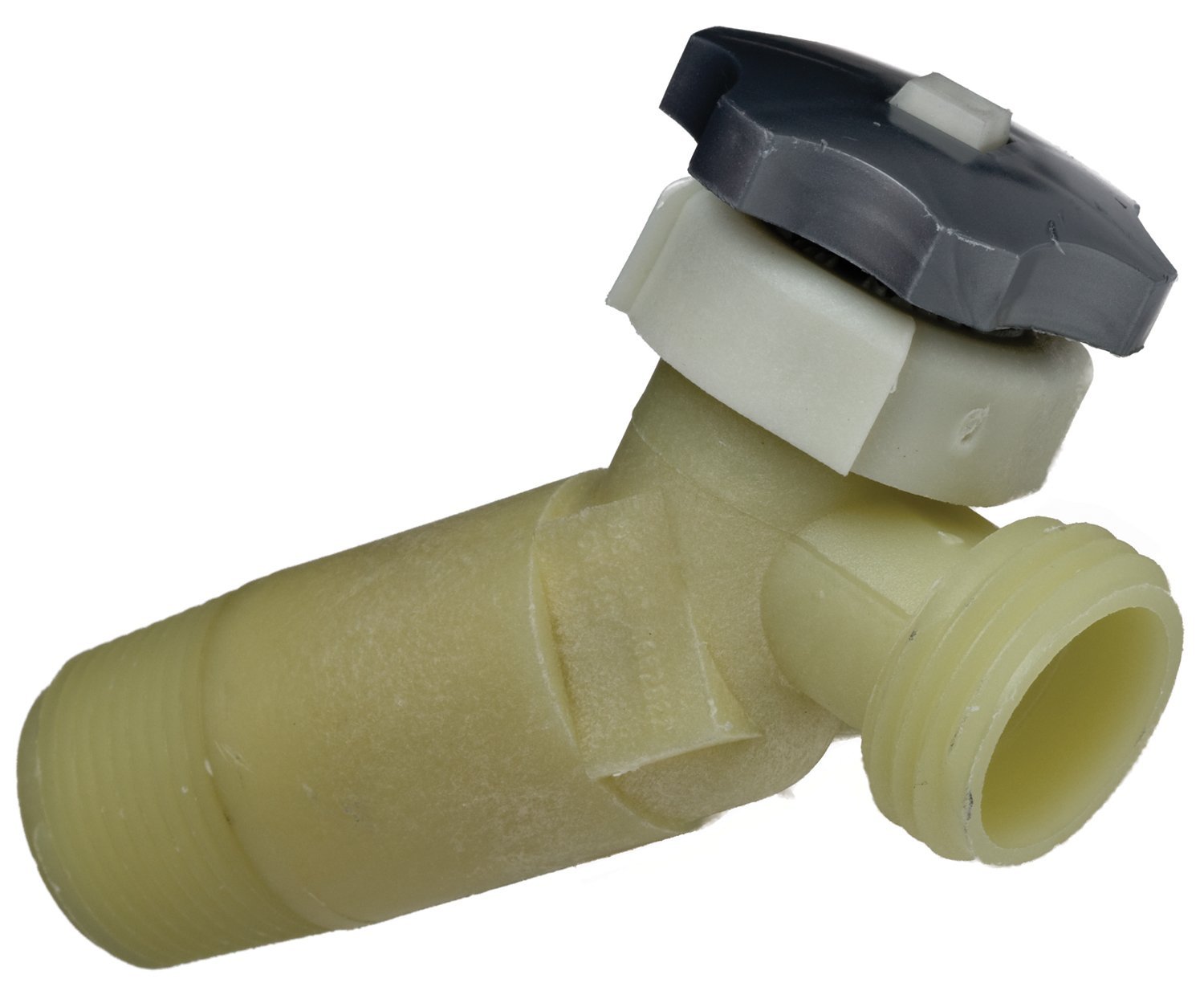
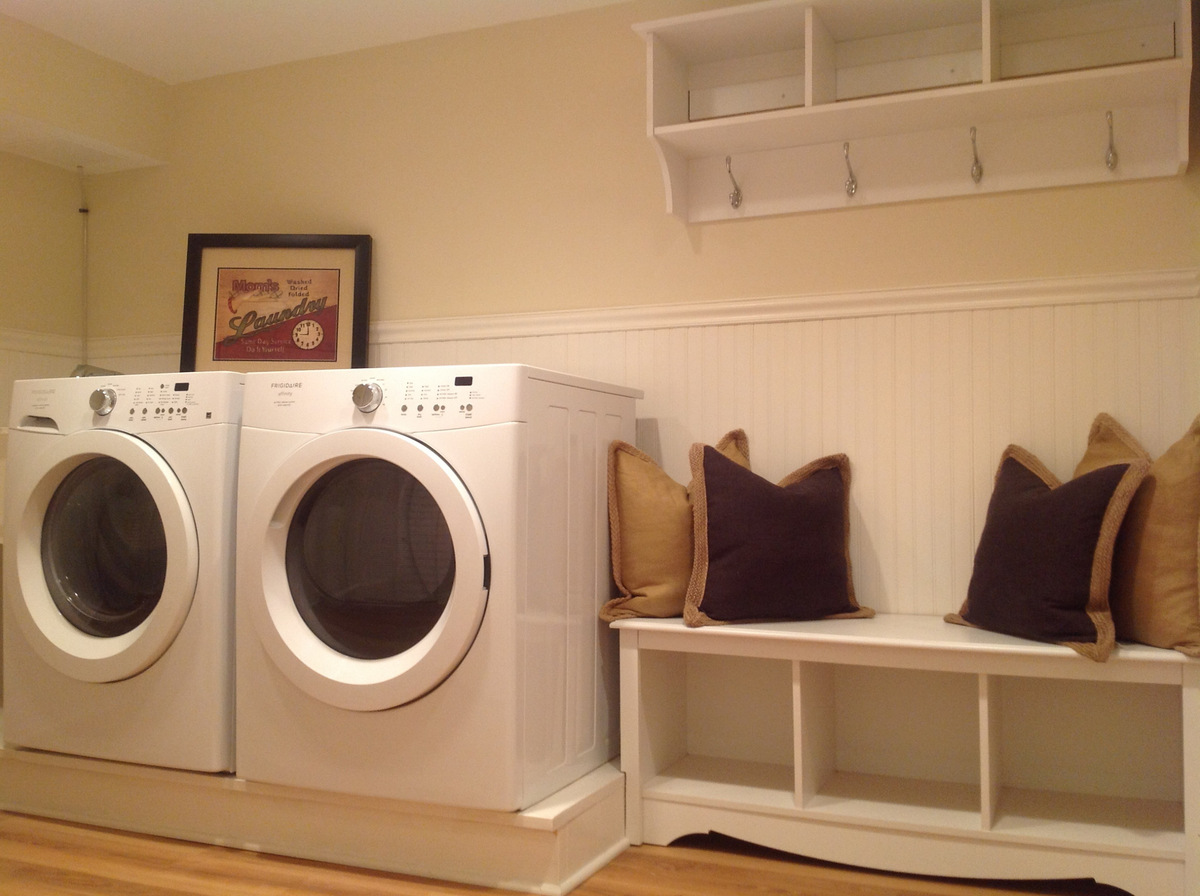
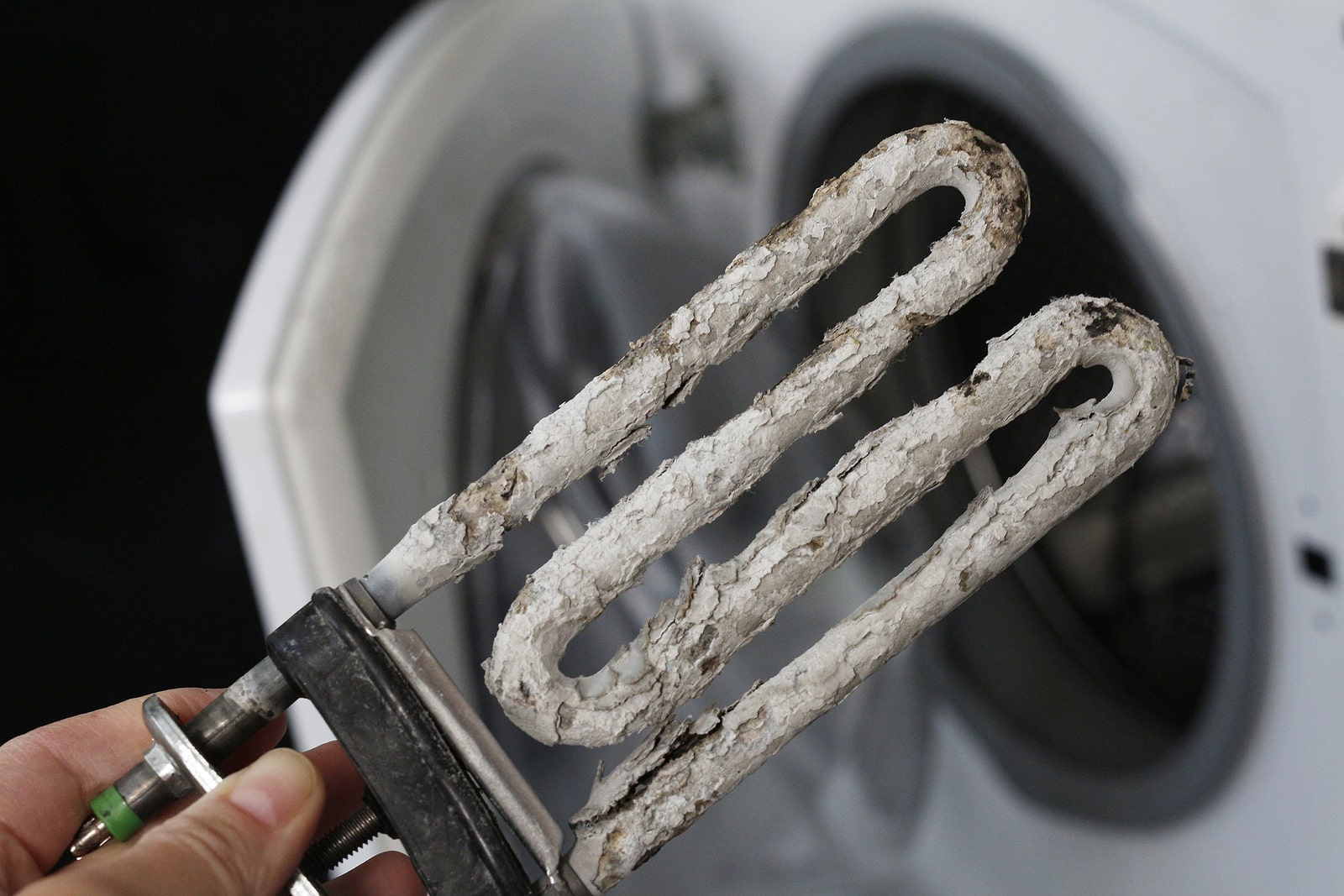
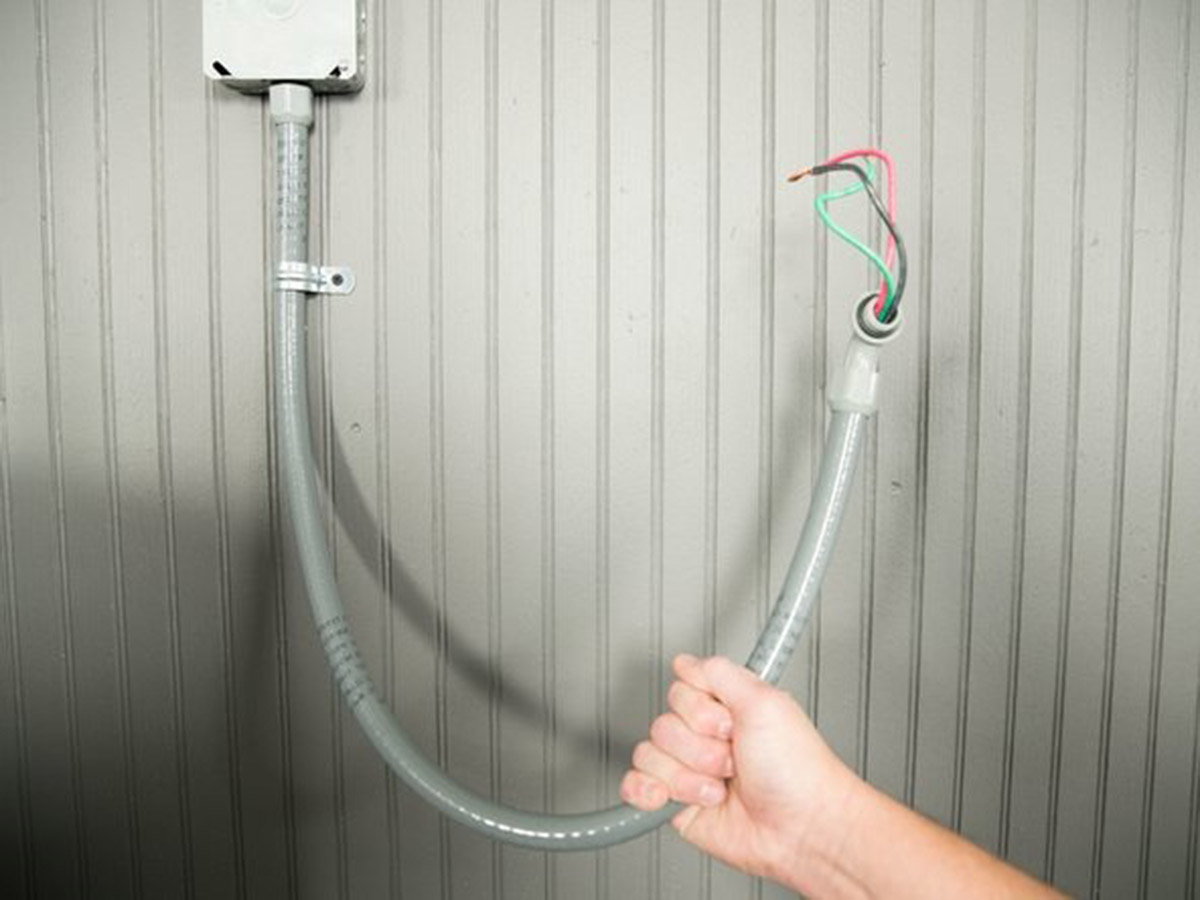

0 thoughts on “How To Get Hot Water Without Water Heater”